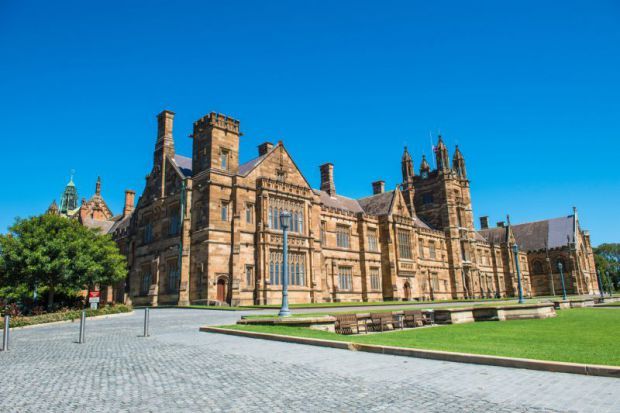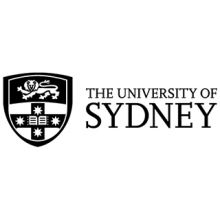New students living on Australia’s oldest university campus are routinely subjected to harrowing, dangerous and degrading initiation rituals, a new report alleges.
The report, The Red Zone, describes hazing practices at the University of Sydney’s six residential colleges in unprecedented detail. In one incident, scores of first-year residents were showered with dead fish after being locked in an unlit bathroom.
In others, older students posted Facebook pictures of the underwear of students they claimed to have slept with, while a female resident required surgical stitches after her door was kicked down by a gang of “green goblins” – so-called “fresher” students who had been painted green and instructed to wreak havoc.
The report recounts assaults, a murder and a high-profile suicide blamed on hazing at the university. It was produced by an organisation called End Rape on Campus Australia, with its release to media coinciding with the start of orientation week at the University of Sydney.
The report is based on interviews, freedom of information responses and media reports dating back to the early 20th century. It examines the “toxic” residential college culture at 14 Australian universities, including the other members of the prestigious Group of Eight network.
It says hazing of new students is “endemic” in residential colleges throughout Australia, and should be criminalised. However, its main focus is the University of Sydney, whose colleges are credited with producing luminaries including three Australian prime ministers, two Sydney lord mayors, the founding justice of Australia’s High Court and at least eight national rugby league captains.
Lead author Nina Funnell, a journalist and activist, said college residents were a “protected species”.
“This is such a deeply entrenched culture,” she told ABC Radio. “There have been all kinds of announcements of reviews and so on, yet it persists, and it will persist because it’s an intergenerational problem.”
Sexist culture at the administratively independent colleges has long plagued the university, which persuaded five of the colleges to cooperate with a 2016 inquiry by former Australian sex discrimination commissioner Elizabeth Broderick.
However, the new report slams the Broderick review for “significant limitations”, including overlooking the historical and cultural context and failing to provide concrete examples of the hazing.
“The recommendations (of the Broderick report), if implemented, may fail to address some of the more serious problems with the college culture,” the new report warns.
In a separate inquiry, the Australian Human Rights Commission surveyed more than 30,000 students. More than half said they had experienced sexual harassment and 6.9 per cent claimed to have been sexually assaulted in the previous two years.
While the HRC report provided scant evidence that these problems were more prevalent on campuses than elsewhere, it highlighted issues at residential colleges. People living in university-owned or affiliated accommodation attracted 34 per cent of the alleged assaults, despite constituting just 7 per cent of students.
“These are people’s homes and they’re vastly different to living in a share house with your mates,” said Sharna Bremner, who co-authored the new report. “For students affected by sexual violence, there’s no escape.”
Ms Bremner said her organisation wanted a national response similar to former US President Barack Obama’s White House initiative to protect students from sexual assault, and the sexual violence and harassment taskforce established by Universities UK.
“In the UK we’ve seen more of a sectoral level response, where governments have got involved, in a way we just haven’t seen in Australia,” she told Times Higher Education.
“One of the key things we haven’t seen yet is universities and colleges, the institutions behind these residential colleges, really being held accountable.”
University of Sydney vice-chancellor Michael Spence said the Broderick recommendations were having a positive impact on college culture, but expressed disgust at some of the behaviour outlined in the report.
"We want to put a stop to this," he told the ABC. "If that means criminalising hazing per se, I'm all for it."
Register to continue
Why register?
- Registration is free and only takes a moment
- Once registered, you can read 3 articles a month
- Sign up for our newsletter
Subscribe
Or subscribe for unlimited access to:
- Unlimited access to news, views, insights & reviews
- Digital editions
- Digital access to THE’s university and college rankings analysis
Already registered or a current subscriber? Login









